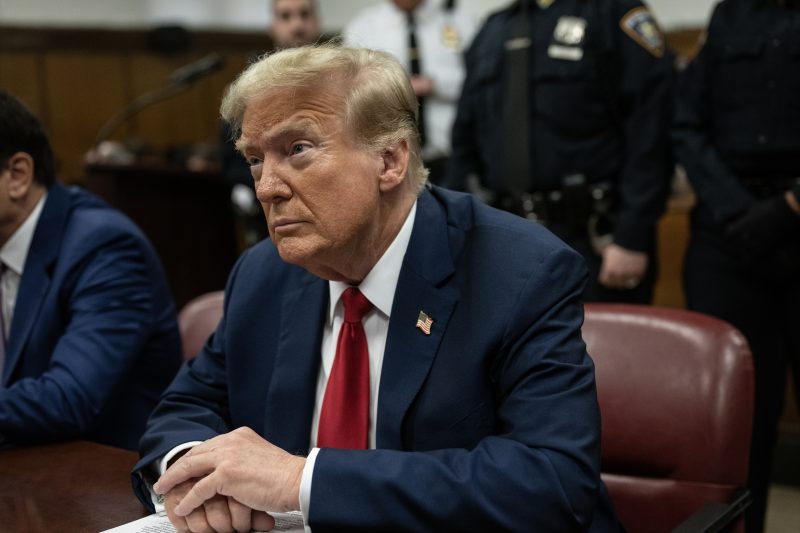In light of the recent legal developments surrounding former President Donald Trump and his business dealings, it seems increasingly apparent that Trump is unlikely to testify in the New York trial. This decision comes following extensive preparation by his legal team, who are keenly aware of the potential risks involved in putting Trump on the witness stand.
One of the primary reasons for Trump’s lawyers advising against his testimony is the unpredictability of his responses. Trump has a long history of making controversial and often contradictory statements, a pattern that could easily be exploited by the prosecution to undermine his credibility in court. By avoiding the witness stand, Trump’s lawyers are effectively shielding him from the possibility of self-incrimination or damaging his defense through careless or ill-considered remarks.
Moreover, Trump’s legal team is undoubtedly aware of the immense scrutiny that would accompany his testimony. As a former president and public figure, Trump’s every word and gesture would be analyzed and dissected by the media and the public at large. Any misstep or perceived inconsistency could quickly become a major distraction in the trial and potentially sway public opinion against him.
Additionally, Trump’s lawyers are likely concerned about the potential legal pitfalls that could arise during his testimony. Given Trump’s penchant for making bold and contentious claims, there is a significant risk that he could expose himself to perjury charges or inadvertently divulge damaging information under oath. By avoiding the witness stand, Trump’s legal team is aiming to minimize any potential legal vulnerabilities that could arise from his testimony.
Overall, the decision for Trump not to testify in the New York trial is a strategic move by his legal team to safeguard his defense and mitigate the risks associated with his unpredictable and high-profile persona. While this move may disappoint some eager to see Trump face tough questioning in court, it reflects a prudent legal strategy aimed at protecting his interests and maximizing his chances of a favorable outcome in the trial.



























